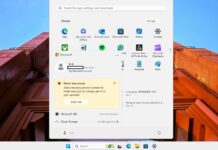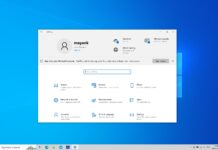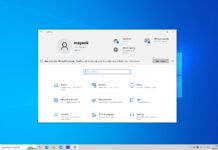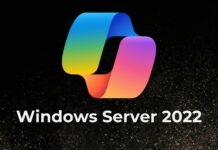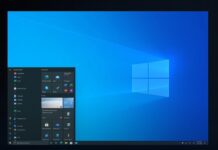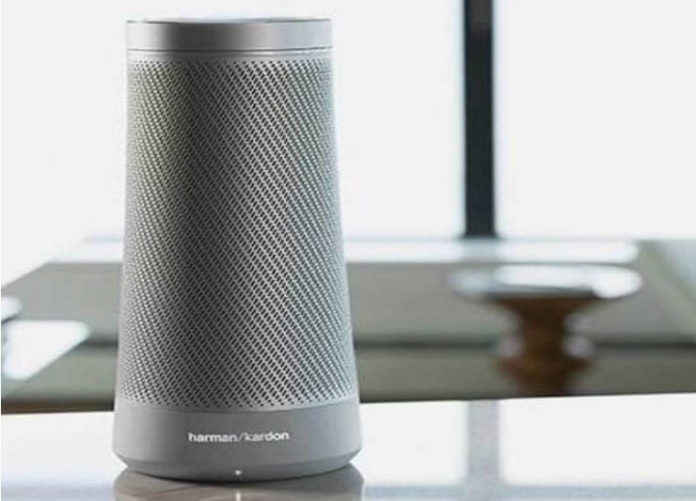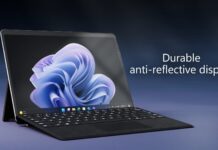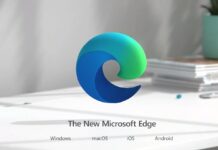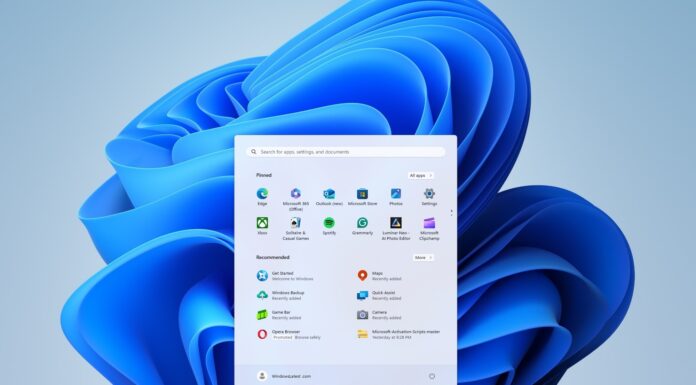Digital assistants, in general, have changed a lot in the past few years. They have gained a lot of new features which made them capable of expanding themselves from smartphones to smart speakers. Amazon Alexa powered Echo smart speakers are really popular products in the market. Google Assistant powered smart speakers are also popular. Realizing that there is an actual market for smart speakers, Apple also launched their Home Pod powered by Apple’s Siri of course. Microsoft, on the other hand, didn’t make their own smart speaker and instead asked Harmon Kardon to make a smart speaker powered by Cortana. But Microsoft was already late to the party and Invoke speaker with Cortana didn’t sell as they hoped it would.
Microsoft has admitted that they were late to the smart speaker market. In an interview with ZDNet, Javier Soltero who is the Microsoft Corporate Vice President of Cortana confessed that the smart speaker market grew into a form which Microsoft didn’t anticipate. “This new market around ambient devices in the home has been “shaped differently when we expected.” Microsoft realized the opportunities of this market “but didn’t jump quickly on.”
But all hope is not lost as Soltero also said that Microsoft has new and better plans for Cortana. Smart speakers with Google Assistant, Amazon Alexa, and even Siri are meant to do a specific task. For example, turn on the lights or book a ride or anything like that. These speakers and digital assistants are already pretty good at this. Also, they are already popular among the people. So there is no need for Microsoft to come up with a Cortana powered smart speaker to take on the likes of Google Home or Amazon Echo or even Apple Home Pod. Instead, what Microsoft plans to do is integrate Cortana into the operating system or applications so that we will be able to do our tasks faster and more efficiently.
People might always think of a digital assistant as an app or a voice from a speaker but in reality what they want or what they need is an actual help from the assistant. The “assistance from the assistant” is exactly what Microsoft aims to do with Cortana. IN near future, Microsoft will be weaving Cortana into the entire Windows 10 operating system.
This doesn’t mean that Cortana will stop being the digital assistant that it is. Microsoft wants Cortana to be consistent and logical. But what people really need is the assistance that Cortana can offer and Microsoft believes that concentrating on one of these will eventually lead to success.
Microsoft might have been late to the smart speaker market but it doesn’t matter as long as the company follows this new roadmap for Cortana. For doing specific tasks, the users can use Alexa. Microsoft is totally okay with it.
Google Assistant and Amazon Alexa already have a headstart so Microsoft has to act fast. Cortana should expand to more platforms and should have a better cross-platform service in order to provide the best experience for the users.




